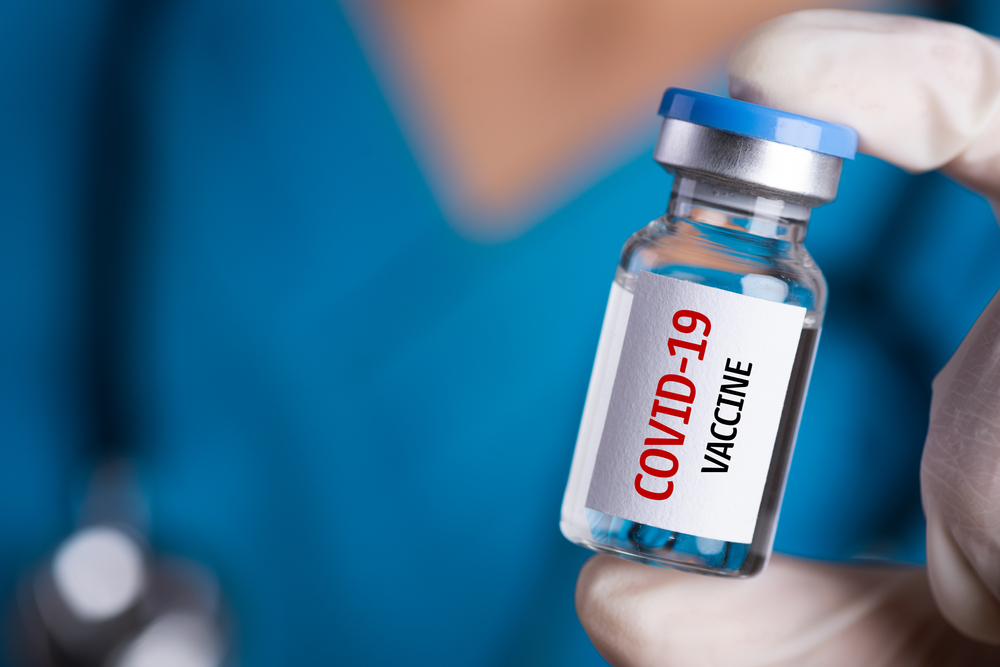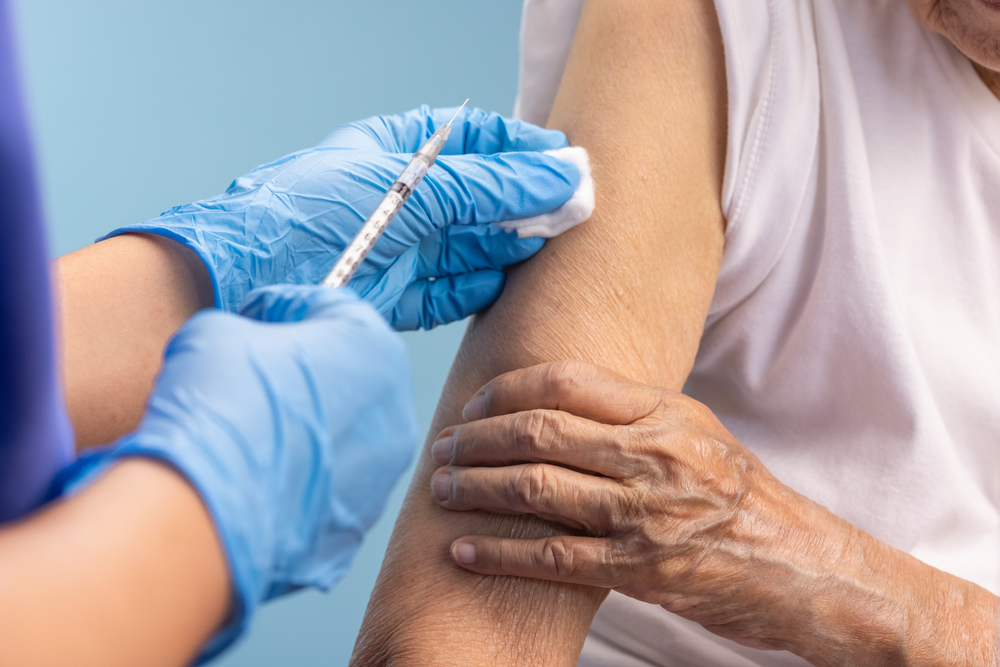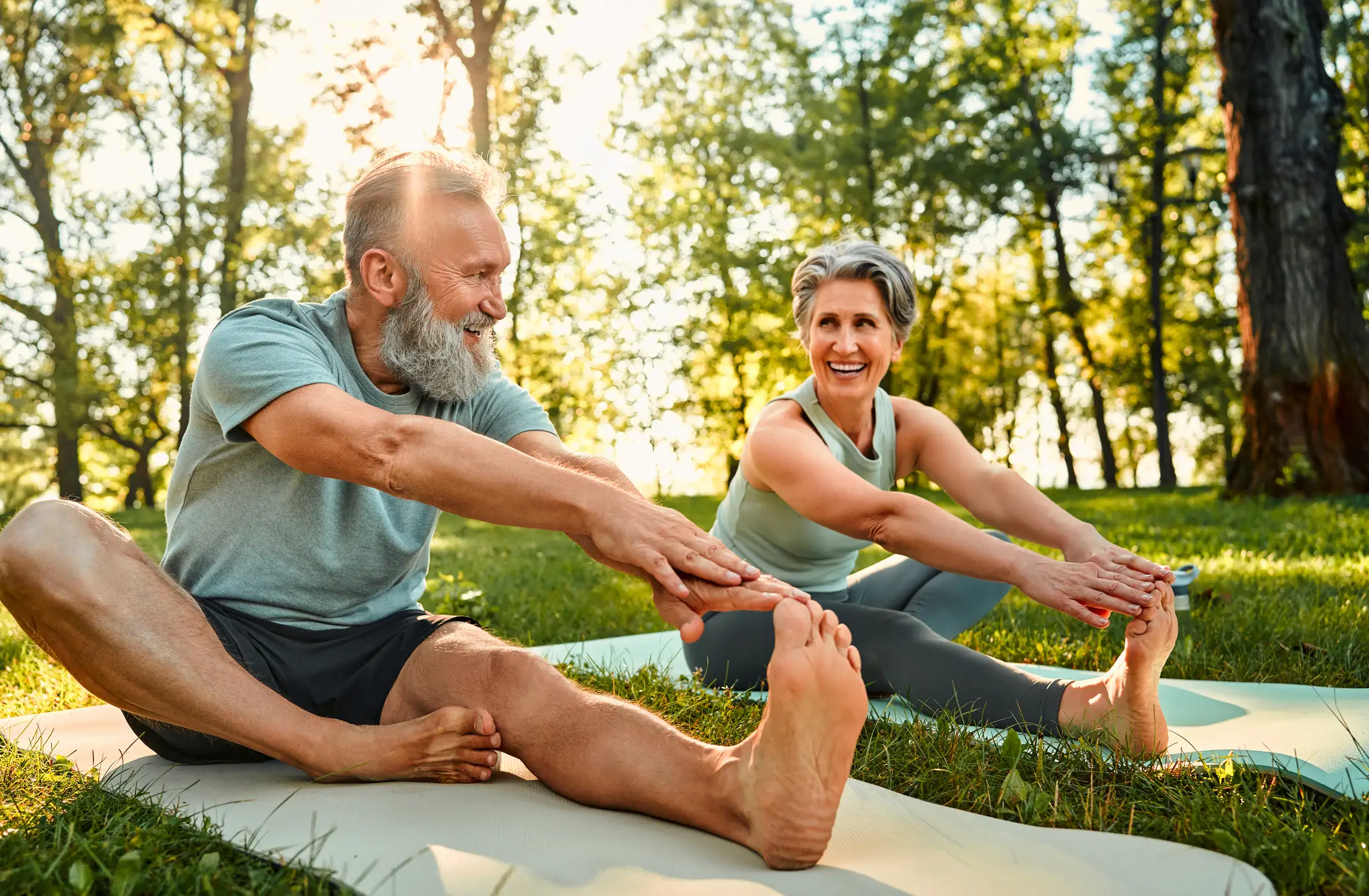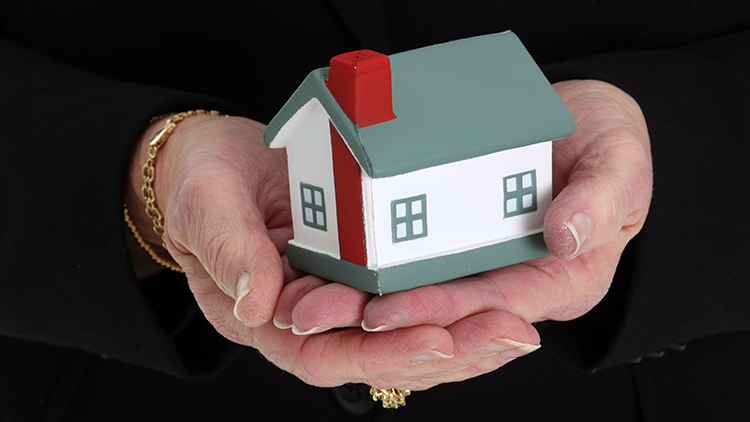The COVID-19 Vaccine and Seniors: What You Need to Know

After living with the pandemic for so long, the vaccine distribution news is good news for everyone. Here’s what older adults need to know about the COVID-19 vaccine, why it’s so important to get one, and what Presbyterian Living communities are doing to protect staff and residents.
Why Seniors Need the COVID-19 Vaccine
Unfortunately, adults over age 65 are at a higher risk for severe illness or dying if diagnosed with COVID-19. According to the Centers for Disease Control and Prevention (CDC), a severe illness means someone with COVID-19 may need hospitalization, intensive care or a ventilator.
Having underlying medical conditions such as these can also increase your risk for severe illness from COVID-19:
- Cancer
- COPD
- Chronic kidney disease
- Heart conditions
- Obesity
- Type 1 or Type 2 diabetes
All COVID-19 vaccines available in the U.S. are highly effective at preventing the illness. They’ve been evaluated in clinical trials, and they’re only authorized and approved if they substantially reduce your risk of getting COVID-19.
There’s no way to know how COVID-19 will affect you. Even if you have mild or no symptoms, you could give it to someone you come in contact with, thus spreading it even more. The vaccination — along with following CDC recommendations for hand washing, mask wearing and physical distancing — will go a long way toward protecting yourself and others.

What to Expect When You Get Vaccinated
- You should receive a vaccination card or printout of some kind that lists which vaccine you received, when you got it, and where you got it.
- You should also get a fact sheet with more information about the specific vaccine you received.
- Most COVID-19 vaccines require two doses. You will likely sign up for your second dose at the initial vaccine appointment. The timing of the doses will depend on which vaccine you get.
- According to the CDC, common side effects of a COVID-19 vaccine include possible pain or swelling at the injection site, and you may experience mild fever, chills, tiredness or headache. Any symptoms should go away within a few days.
COVID-19 Vaccines and Seniors in Cook County
Each state is handling vaccine distribution differently. Here’s what the Cook County Department of Public Health says about distribution for seniors:
Phase 1a began on December 15, 2020.
This phase includes:
- Hospital-based healthcare workers
- Long-term care facility residents and personnel
- Community-based healthcare workers
People over age 65 who were not eligible for Phase 1a are in Phase 1b.
Phase 1b began on January 25, 2021.
This phase includes:
- Members of the general public over age 65
- Police, firefighters and other essential workers (such as manufacturing and grocery workers)
- Eligible members of Phase 1a will continue to be prioritized
It’s very important to note that while you should try to get an appointment, there may not be enough vaccine doses available right away, so you will likely have to wait.
There are two ways to sign up for vaccine:
- Visit vaccine.cookcountyil.gov
- Call 1-833-308-1988 Monday through Friday, 7 a.m. to 7 p.m.
Signing up will make sure you receive:
- Updates on the vaccine and community vaccination program
- Notification when vaccines are open to your phase
- Information on scheduling a vaccine appointment through Cook County Health
- Information on vaccine distribution locations throughout Cook County

Frequently Asked Questions
Will I need to provide proof of my age if I’m over 65?
Cook County is asking for identification and insurance information. You don’t need to be insured — that information may be used by the vaccination partner site for their own reimbursement purposes. There is no cost to receive a vaccination.
How quickly will I be protected from COVID-19 after getting the vaccine?
It takes a few weeks for your body to build up enough immune response to protect you. If you get a two-dose vaccine, the full immune response isn’t complete until a few weeks after the second dose.
If I need a second dose, how will I be notified?
This will depend on where you get your vaccine. Some vaccination sites may have you schedule the second dose while you’re at your first appointment. Others may send follow-up links with information about how you sign up for the second dose. Make sure you’re clear on what to do before you leave.
After I’ve had the vaccine, will I still need to wear a mask and social distance?
Yes. Even though the vaccines have a high efficacy rate, no vaccine is 100% protective. And the experts still don’t know whether the vaccine prevents transmission of COVID-19, so it may be possible to be a spreader.
I’ve already had COVID-19 — do I still need a vaccine?
Yes. It’s thought that having COVID-19 offers some immunity, but it’s still unclear how much and how long it lasts. And it’s also unknown if that immunity will protect you against different strains of the virus.
Vaccine Plans at Our Communities
We’re excited that vaccines have been given at all three of our communities, and residents and staff were vaccinated as of February 5. We always put the health and wellbeing of residents first, and we’ll continue to take steps that help protect each other and those we care about.
Learn more about our COVID-19 protocols and vaccine distribution here. If you’d like to talk with a residency counselor about the steps we’re taking, please fill out the contact form and someone will be in touch with you soon.



